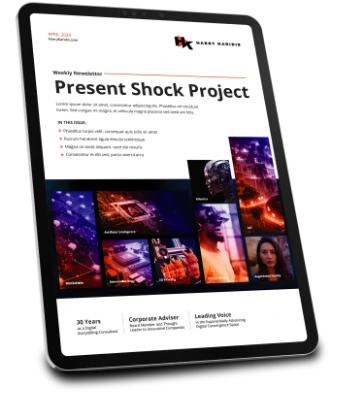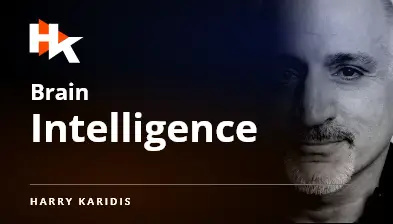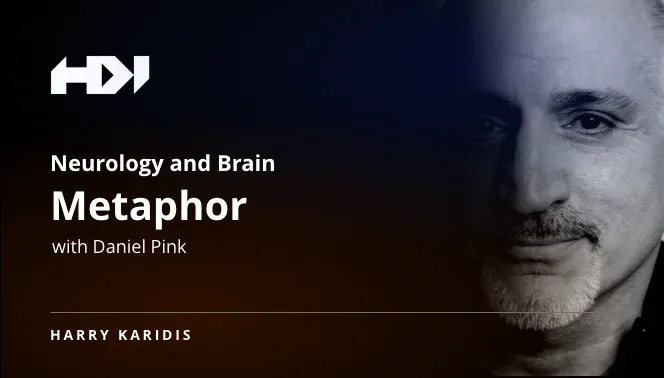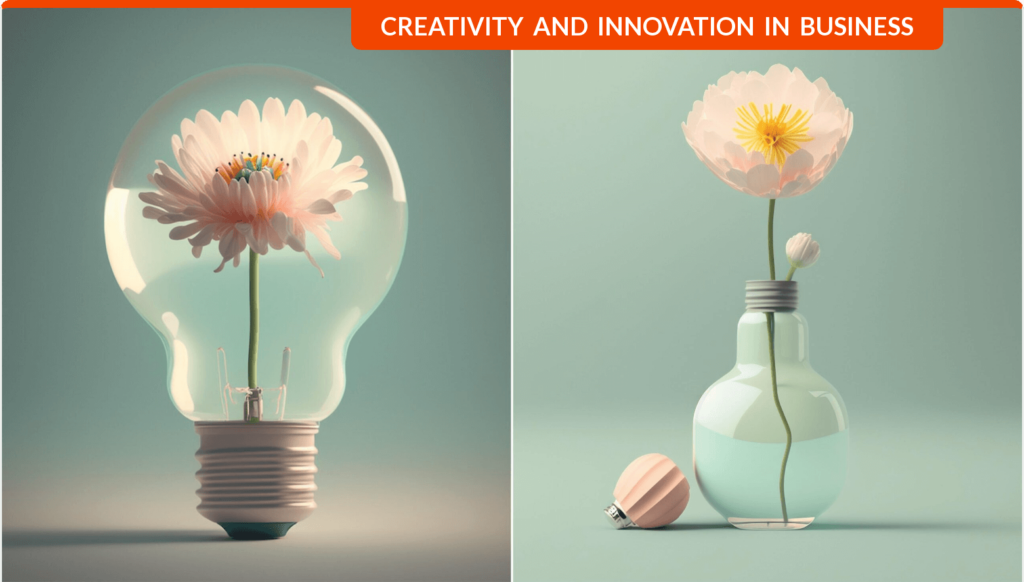
AI-Powered Innovation: Amplifying Human Creativity
Generative AI presents a huge opportunity to enhance human creativity and democratize innovation in businesses. While some fear it will replace jobs, this technology can actually augment employees’ and customers’ abilities to generate novel ideas.
Key Points:
- Generative AI can promote divergent thinking and challenge expertise bias
- It assists in idea evaluation, refinement, and collaboration
- The technology helps overcome challenges in crowdsourcing innovation
- Companies can use AI to supplement creativity and improve idea quality
Why It Matters: By leveraging generative AI, your company can tap into a wider pool of innovative ideas and overcome traditional barriers to democratizing the innovation process.

Ready to captivate your audience like never before?
Harness the Power of Story and Technology with Karidis Productions
At Karidis Productions, we specialize in weaving compelling narratives with cutting-edge technology to create unforgettable experiences.
- Seamless integration of storytelling and emerging technologies, such as AI, VR/AR, and blockchain, to engage your target audience on a deeper level
- Tailored strategies that align with your unique brand voice and objectives, ensuring your message resonates with your desired audience
- Proven track record of successful campaigns across various industries, from marketing to education and entertainment
Partner with Karidis Productions and transform your brand’s narrative into an immersive, technology-driven experience that captivates and converts.
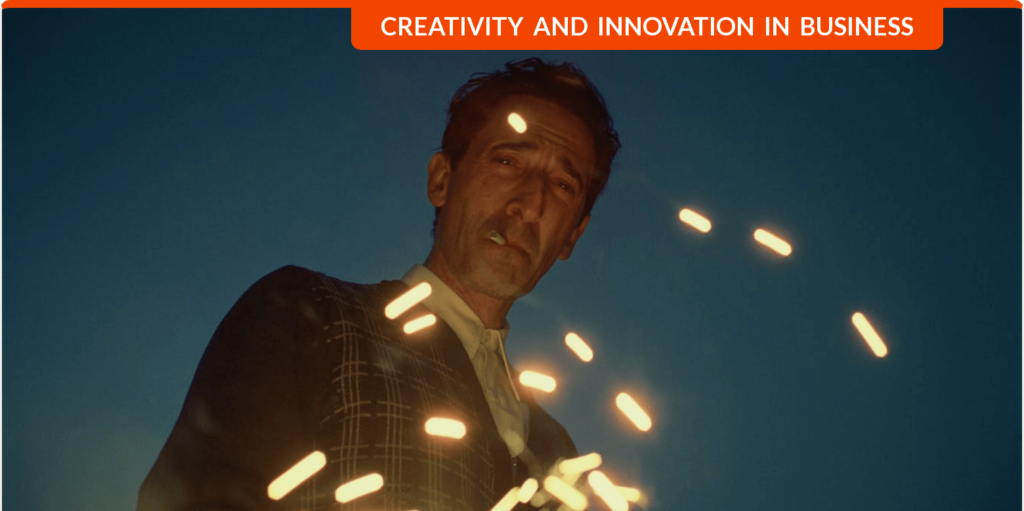
AI’s Growing Role in Hollywood: Enhancing Performances or Crossing Ethical Lines?
The integration of artificial intelligence (AI) in Hollywood is sparking significant debate, particularly concerning its role in refining actors’ performances. Recent films like The Brutalist and Emilia Pérez have utilized AI to enhance dialogue and singing, respectively.
In The Brutalist, actors Adrien Brody and Felicity Jones worked extensively with a dialect coach to perfect their Hungarian accents. However, to achieve flawless pronunciation, the filmmakers employed Respeecher, an AI tool, to fine-tune specific vowels and letters in the actors’ Hungarian dialogue.
In Emilia Pérez, AI was used to blend lead actress Karla Sofía Gascón’s singing voice with that of French pop star Camille, thereby extending Gascón’s vocal range.
Why It Matters: As AI becomes more integrated into filmmaking, it’s essential to examine its impact on the authenticity of performances and the recognition of actors’ work. Striking a balance between leveraging technology for enhancement and preserving artistic integrity is crucial for the future of the industry.
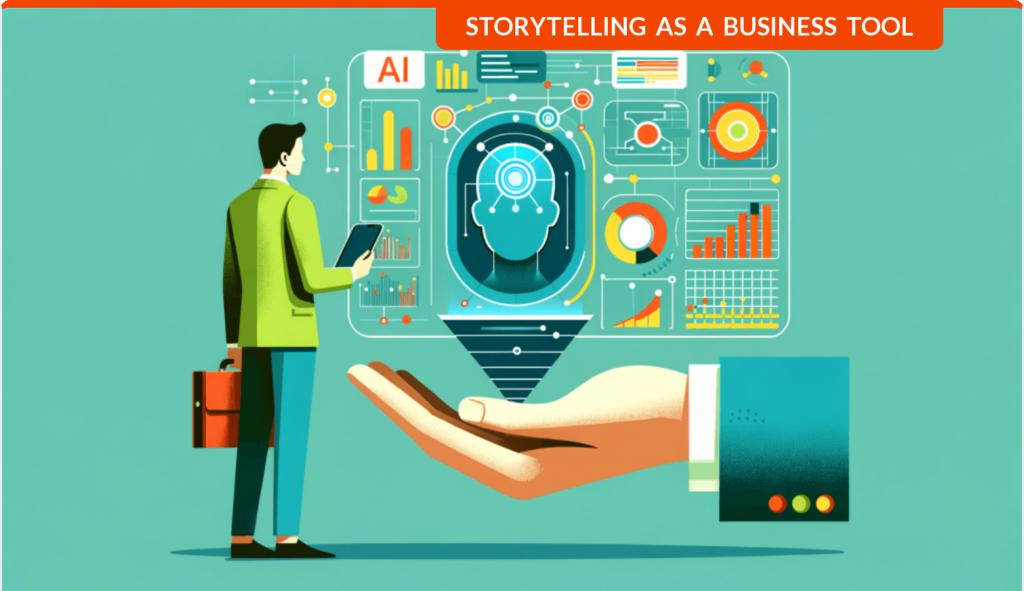
Building Brand Trust Through AI-Powered Storytelling
AI is revolutionizing how brands tell stories and connect with audiences. By transforming data into compelling narratives, AI helps businesses create content that resonates and builds trust.
Key Points:
- AI analyzes vast amounts of data to uncover valuable insights
- Machine learning and NLP help structure coherent narratives
- Generative AI crafts personalized content matching brand voice
- Human oversight ensures authenticity and alignment with values
Why It Matters: Harnessing AI for storytelling allows you to forge deeper connections with your audience and stay ahead in today’s competitive landscape.
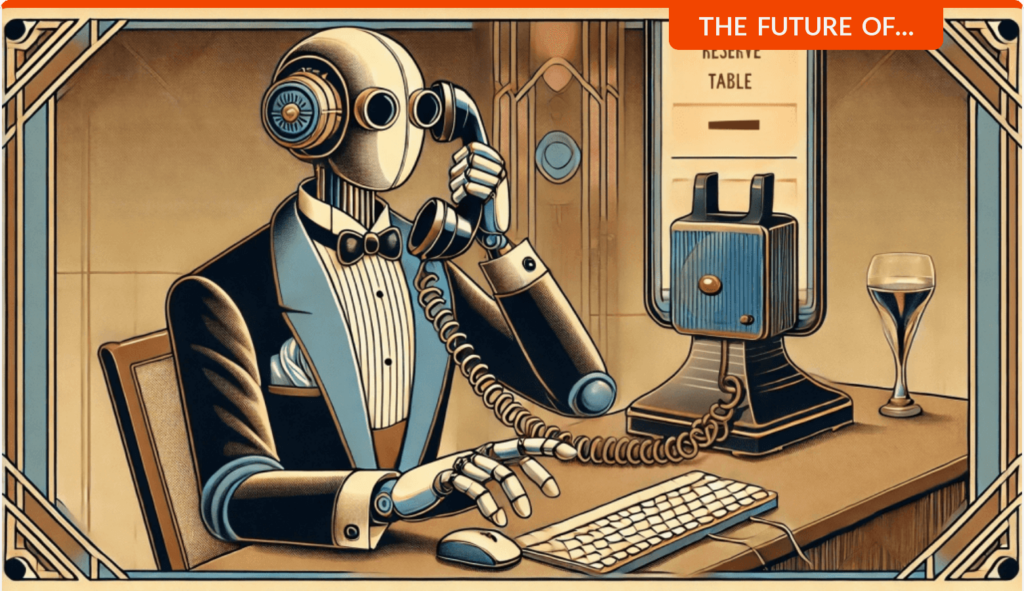
OpenAI’s Operator: Your New AI Personal Assistant for Online Tasks
OpenAI’s Operator is an AI agent that autonomously navigates the web to perform tasks like booking reservations and ordering tickets, enhancing user convenience.
Operator represents a significant advancement in AI technology, moving beyond static interfaces to dynamic web interactions. By automating routine online tasks, it has the potential to save users time and effort, making daily activities more efficient. This innovation also highlights the evolving capabilities of AI in understanding and navigating complex web environments, paving the way for more sophisticated applications in the future.
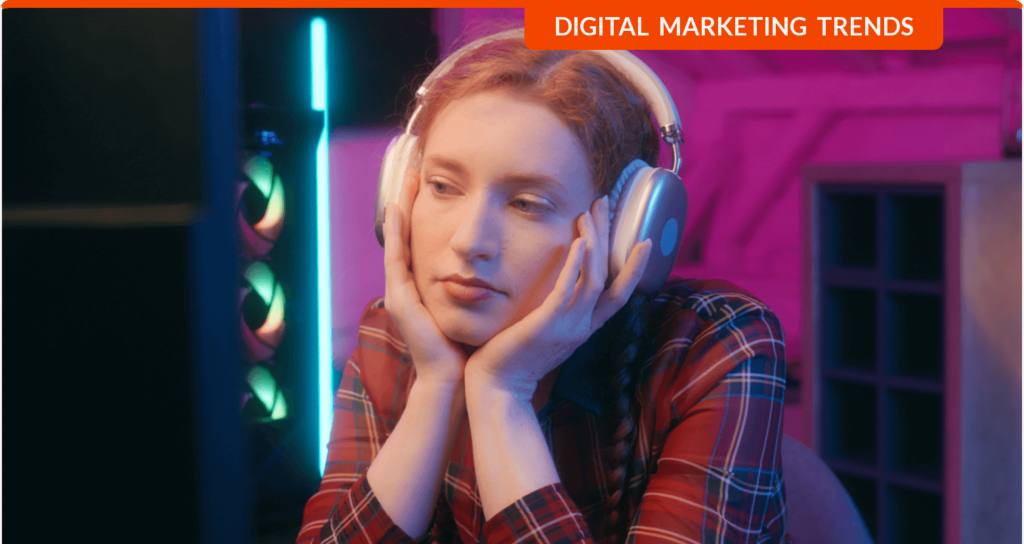
Exploring Alternatives: Where to Go If TikTok Gets Banned
The potential TikTok ban has prompted users to seek alternative platforms to continue creating and consuming short-form video content. Exploring these alternatives ensures that users can maintain their online presence and engagement, while also diversifying their social media experiences.
Key Points:
- Instagram Reels: Integrated within Instagram, Reels allows users to create and explore short videos set to music, similar to TikTok’s format. Given Instagram’s extensive user base, Reels provides a familiar environment for content creators and viewers alike.
- YouTube Shorts: As part of YouTube, Shorts offers a platform for short-form video content. Leveraging YouTube’s vast audience, creators can produce brief, engaging videos to reach a wide viewership.
- Clapper: Launched in 2020, Clapper is a U.S.-based app that focuses on Gen X and millennial users. It emphasizes free speech and community engagement, providing a platform for users to share videos and interact without the influence of advertisements. Clapper has seen a significant increase in downloads amid discussions of a TikTok ban.
- Lemon8: Owned by ByteDance, the same company behind TikTok, Lemon8 combines elements of Instagram and Pinterest, focusing on lifestyle content. It allows users to share photos and short videos, catering to interests such as fashion, travel, and food.
- RedNote (Xiaohongshu): A Chinese app similar to Instagram, RedNote has gained popularity among U.S. users seeking alternatives to TikTok. It focuses on product and travel recommendations, as well as lifestyle content, and has seen a surge in downloads as users explore new platforms.
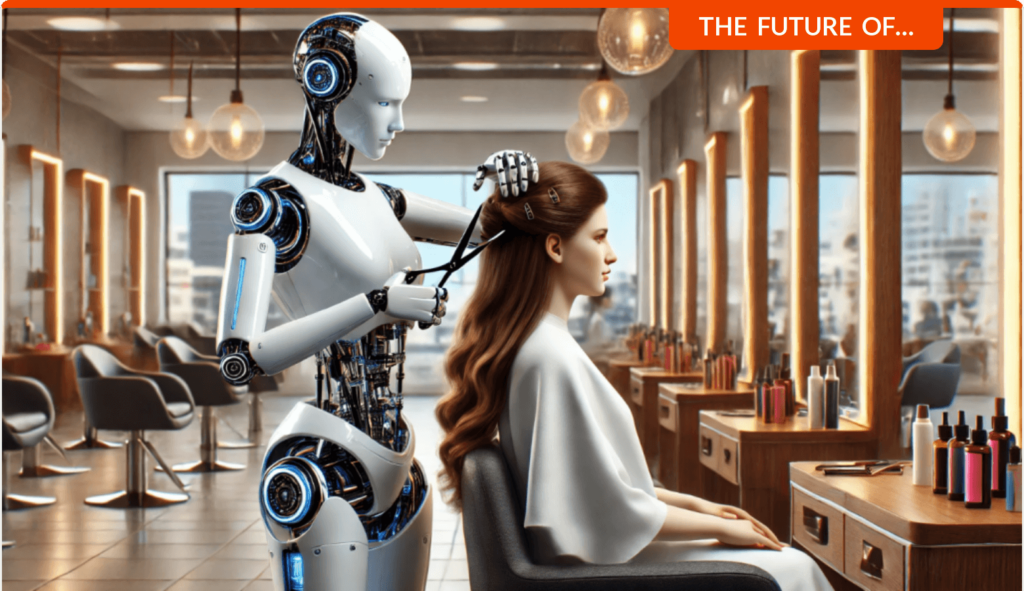
Robots Are Becoming More Human: From Bartenders to Caregivers
Humanoid robots are increasingly entering everyday life, performing tasks from bartending to caregiving. Advancements in generative AI are driving these developments, though experts note that fully human-like capabilities are still a work in progress.
Why It Matters: The integration of humanoid robots into daily life signifies a significant technological shift, with potential impacts across industries such as healthcare, hospitality, and manufacturing. While current advancements are promising, ongoing development is necessary to achieve robots with fully human-like capabilities.
